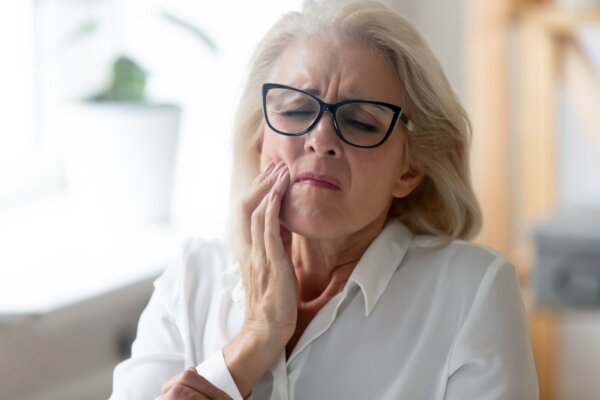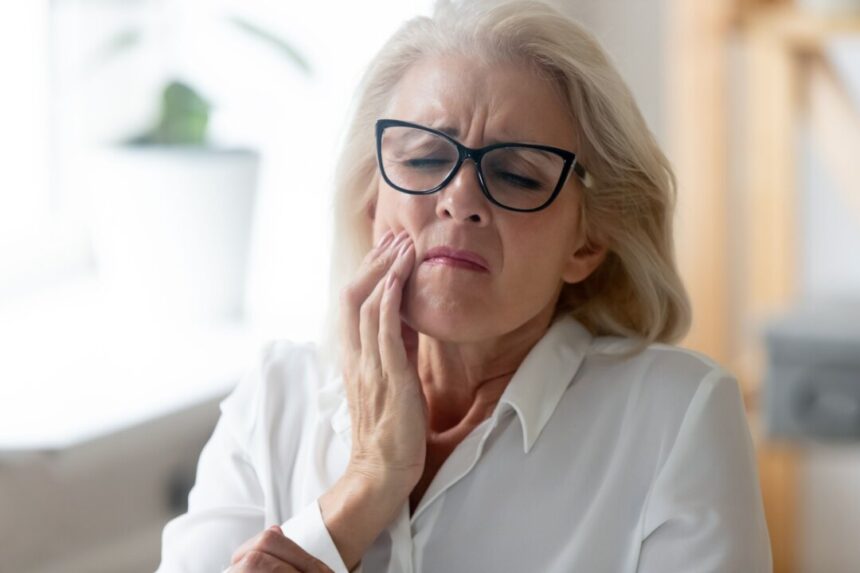
Recognizing signs of acid damage in your mouth can help identify underlying causes that contribute to damage throughout the digestive tract.
Your mouth can provide clues to various diseases, including a condition that may initially damage your teeth before showing other symptoms.
Both forms of reflux can leave visible signs of erosion on the teeth, which can be mistaken for damage caused by teeth grinding. Dental professionals may misdiagnose erosion as grinding wear, as the two types of damage look different.
An informed dental professional can differentiate between erosion and grinding damage. Unfortunately, many dentists may misdiagnose reflux patients as teeth grinders, leading to ineffective treatment.
As enamel weakens due to reflux damage, teeth may become sensitive and more prone to damage. Mouthguards worn at night may help reduce damage, but addressing the root cause of reflux is essential for long-term oral health.
Understanding the connection between gut health and reflux can also provide insights into potential treatment approaches. Research suggests that imbalances in the gut microbiome may contribute to acid overproduction, leading to reflux symptoms.
Ms. Ripin worked with a patient who had severe erosion that required dentures. Upon learning about the role of acid in the damage to her teeth, the patient revealed her long-standing struggles with gut health.
Using specific microbial testing, personalized prebiotics and probiotics, and nutritional guidance, the patient was able to better manage the discomfort caused by excessive stomach acid.
For individuals who suspect they have acid reflux, adopting certain lifestyle habits can help reduce the likelihood of experiencing symptoms.
- Diversify your diet to increase the variety of gut microbes, which can protect against various diseases.
- Incorporate more fermented foods rich in probiotics such as yogurt, sauerkraut, kombucha, and kimchi. Start with small servings if you are new to probiotics.
- Avoid unnecessary use of antibiotics as they can deplete beneficial bacteria and disrupt the microbiome.
- Consider taking digestive enzymes or drinking diluted apple cider vinegar before meals.
- Avoid eating three hours before bedtime.
- Elevate the head of your bed with wooden blocks under the feet.
- Reduce or eliminate alcohol and caffeine consumption, as they can relax the lower esophageal sphincter valve, allowing acid to enter the esophagus.






